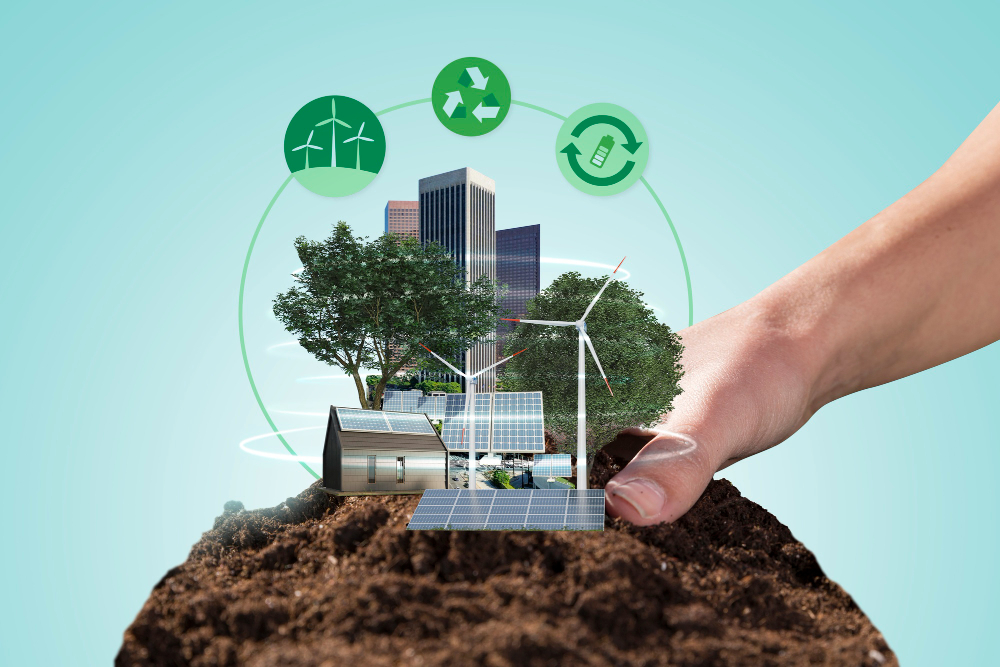In the ever-evolving landscape of economic systems, the traditional economy is a testament to time-honored practices and community-driven principles. Rooted in customs, barter systems, and local traditions. The traditional economy is a unique way of earning goods through which communities have sustained themselves for generations.
So, if you've ever wondered about the age-old foundations that underpin certain societies, join us for a journey into the heart of the traditional economy. In this article, we’ll explore everything related to the traditional economy and much more! That being the case, welcome to Traditional Economy 101.
What is the Traditional Economy?
A traditional economy is a type of economic system that is based on customs, traditions, and beliefs that have been passed down from generation to generation. In a traditional economy, people produce and consume goods and services according to their needs and preferences rather than according to market forces or monetary incentives.
A traditional economy is often found in rural areas of developing countries, where people rely on agriculture, fishing, hunting, and gathering for their livelihoods. While traditional economies may seem outdated in today's modern world, they still play an important role in many communities.
Traditional economies help to preserve cultural traditions and practices, and they provide a sense of community and belonging that is often lacking in modern societies. On top of it, traditional economies can be more sustainable and environmentally friendly than modern economies, as they rely on local resources and do not contribute to global supply chains and pollution.
Characteristics of Traditional Economy
When we think of economies, we often think of modern systems that rely on technology and globalization. However, there are still traditional economies in existence today, and they have their own unique characteristics that set them apart from other economic systems.
Barter System
In a traditional economy, people often rely on a barter system to exchange goods and services. This means that instead of using money, people trade goods and services directly with each other.
Self-Sufficient
Traditional economies are often self-sufficient, meaning that people produce everything they need to survive. They grow their own food, make their own clothes, and build their own homes.
Limited Technology
In traditional economies, people rely on simple technology and tools to sustain their livelihoods. These tools include basic implements such as hoes for tilling the soil, knives for cutting and preparing food, and bows and arrows for hunting and gathering. Despite their simplicity, these tools have been refined over generations to maximize their effectiveness and efficiency.
Strong Community
In a traditional economy, the community is the most important unit. People work together to meet their basic needs and to support each other in times of hardship.

Limited Social Mobility
In a traditional economy, social mobility is often restricted due to the fact that individuals are typically born into a specific social class and are expected to remain in that class for the duration of their lives. This lack of mobility can be attributed to a variety of factors, including limited access to education and job opportunities.
As a result, those who are born into lower social classes often face significant challenges when it comes to improving their economic and social standing. On the other hand, those born into higher classes tend to enjoy greater advantages and opportunities for success.
Does the Modern World Use a Traditional Economy Approach?
In today's fast-paced world, we are constantly bombarded with the latest trends and technological advancements that shape our daily lives. However, amidst all the hustle and bustle, it is important to appreciate the traditional values that have stood the test of time. The local farmers' markets, artisanal communities, and the resurgence of bartering platforms are all examples of how traditional economic roots continue to thrive in our modern society.
So, let us not forget the importance of our traditional economic heritage and the role it plays in shaping our ever-evolving economic landscape.
Perks of Using the Traditional Economy
Here are some of the key traditional economy benefits:
Community Connection
One of the standout perks of the traditional economy is the sense of community it fosters. Picture a local market where everyone knows each other, where transactions are more like friendly exchanges, and where the well-being of the community is a shared concern. In the traditional setup, economic interactions go beyond mere transactions; they're moments of connection that knit the community together.
Sustainable Living
Sustainability has become more than just a buzzword in the traditional economy - it is now a way of life. This economic model aligns agricultural practices with the seasons, respects the environment, and ensures that resources are used thoughtfully.

It does not compromise the well-being of the planet for economic gains; instead, it offers a blueprint for harmonious coexistence with our natural surroundings. This approach is a perfect example of how we can dance with nature and achieve a balanced relationship with our planet.
Preserving Cultural Riches
In a world that tends to grow away from its roots, the traditional economy is a vital source of support for cultural identity. Local customs, traditional crafts, and the intergenerational transfer of knowledge can help you preserve cultural heritage. This safeguarding of identity is not only a valuable asset but also a testament to the resilience of diverse ways of life, inspiring us to cherish and celebrate our differences.
Flexibility and Adaptability
The traditional economy differs from mass production structures because it can adapt and change more quickly. This means a community can adjust its production based on its immediate needs and respond rapidly to changes. This flexibility is all about finding balance and adapting to different situations.
Final Thoughts
Traditional economies are the most primitive and fundamental form of economic system, heavily relying on agriculture, hunting, fishing, and bartering as a trade means. Although still present in some remote, rural areas, they are gradually replaced by more contemporary economic systems due to globalization and technological advancements.
It is essential to understand traditional economies to appreciate the origins of modern economic systems and their evolution over time.




